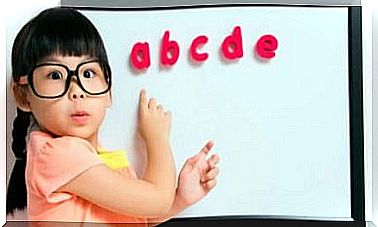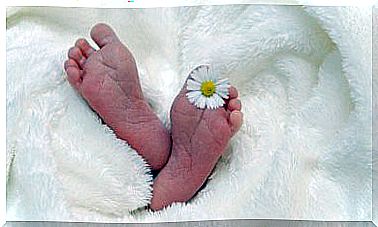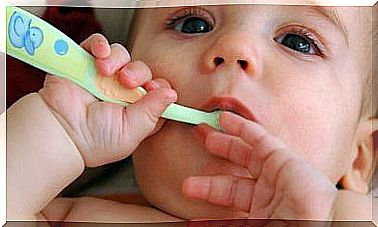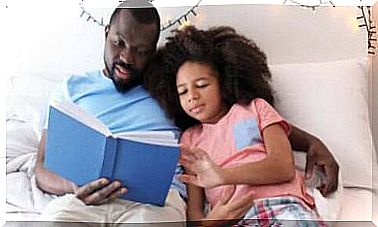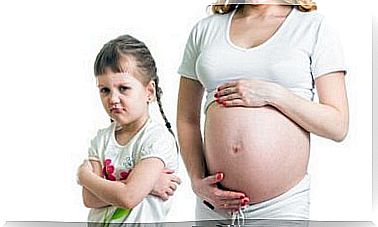Differences: Extroverted Children And Introverted Children
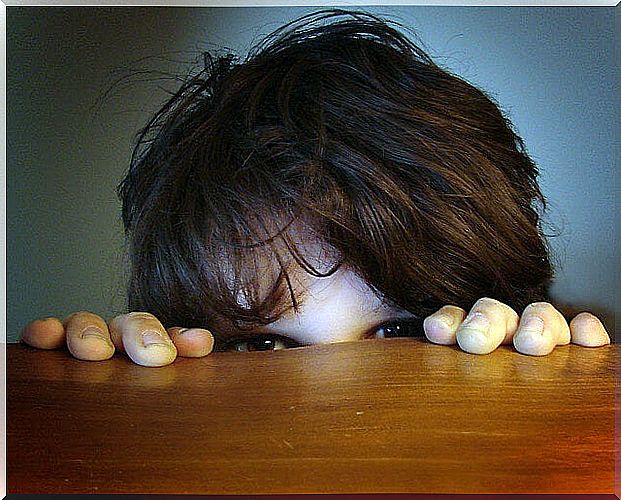
There are children who are the soul of the party. Communicative and sociable. There are others that have more reflective and conservative personalities. The former are known as extroverts and the latter are introverts.
Introversion and extraversion are personality types pervasive by the famous psychologist Carl Jung. Both are different ways – neither better nor worse – of developing in the world and basic aspects of each individual’s personality.
Jung explains in his studies that there are no pure personalities. That is, everyone to some degree has something of an introvert or an extrovert, but one will always predominate over the other.
Thus, an introverted child tends to be interested in internal processes, in his private world, in what goes on in his mind. In short, she is contemplative.
An extroverted child, however, is interested and stimulated by what happens outside, on the outside. Places, people, things matter. It is from these factors that an extrovert draws his energy.
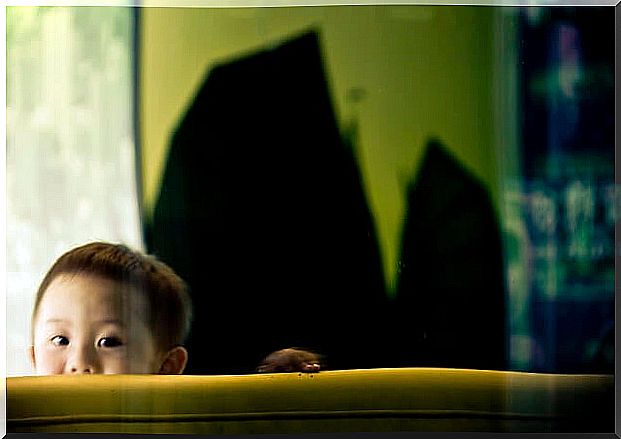
Differences: extroverted children and introverted children
Characteristics of Introverted Children
- They tend to be good listeners. They prefer to listen than speak.
- They enjoy writing and develop better writing than speaking.
- Before speaking, they reflect on what they are going to say and go over it mentally. When they are safe, they give their opinions.
- They have a strong and defined personality.
- They like to be alone. They enjoy moments with themselves and do not see it as a punishment to be in their rooms watching television, on the computer or reading.
- They are bothered by loud noises.
- They prefer to have a few sincere friends than a large number of friends.
- They use social networks and virtual communications with the greatest caution.
- They would rather read a book than go out and do activities with other children.
- They ignore superficial conversations and superficial dealings with people.
- They are genuine in their behavior. If something doesn’t please them, they move away.
- After spending hours at a party or interacting with others, they wear out and prefer to go home.
- They are imaginative, reflective.
- They are conciliatory children, who avoid unnecessary confrontation.
- They don’t express their emotions to others easily.
One must win over introverted children. They won’t be friends with just anyone. If they detect something special about you or there is trust in you, they will open up. However, contrary to popular belief, it is very easy to approach an introverted person: talk about topics that interest them.
The energy of introverted children is in them and not around them. Therefore, when they relate to other people, they feel that their energy decreases. So, you must go home and recharge your energy.
Characteristics of extroverted children
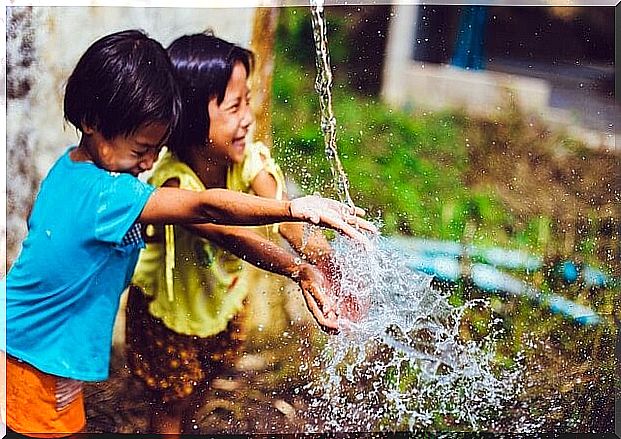
- They are happy and sociable, the soul of the party.
- They act on impulse and therefore tend to get into trouble.
- Extroverted children participate more often in group activities and integrate more easily into sports groups.
- Unlike introverts, for extroverted children the energy is around them and in the interaction. They receive energy from these dynamics and they don’t generate – to put it mildly – the energy, they receive it from the outside.
- They’re good to talk to, but terrible listeners.
- They are good at talking in front of large groups and are not intimidated by crowds.
- They have no problem starting a conversation with strangers and often initiate it.
- They are the ones who most participate in classes.
- They tend to get distracted often, paying attention to all the stimuli around them.
Respect above all
Finally, parents must know and respect their children’s personality. Understanding each of these aspects will contribute to an optimal development. Teachers must also understand that each personality needs different stimuli.
Introversion is not shyness. Introversion is a way of being; shyness is a problem caused by fears – sometimes pathological – of relating. What characteristics does your child have? Is he an introvert or an extrovert? Share your story with us!
